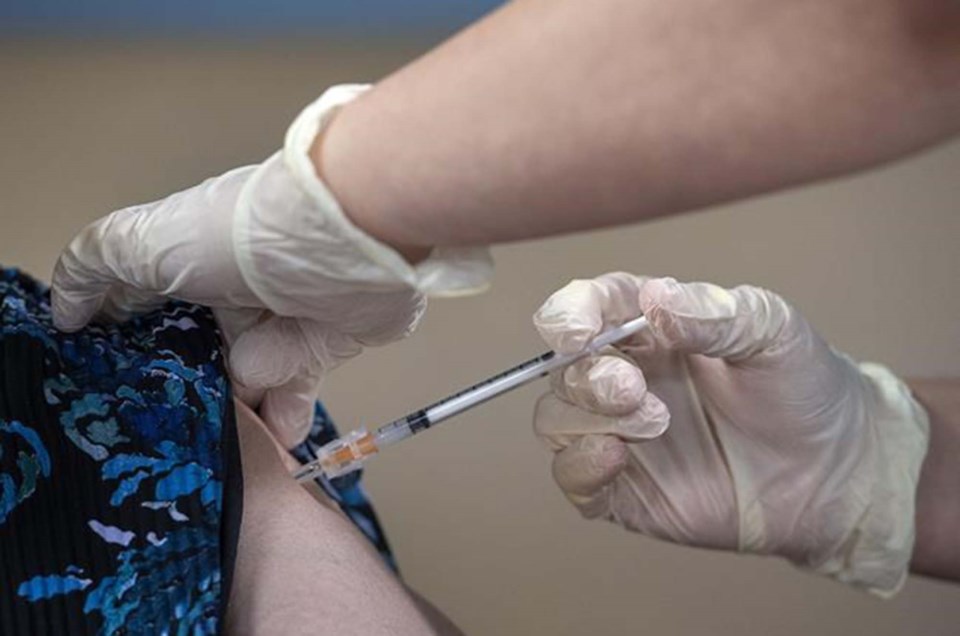The Omicron variant continued to cause record-breaking COVID-19 numbers of cases in several provinces, but a new study out of Ontario suggested those infected with the variant are significantly less likely to face hospitalization or death compared to those with Delta.
In the study, Public Health Ontario compared Omicron cases with symptoms that emerged between Nov. 22 and Dec. 17 with Delta cases and found that, after adjusting for vaccination status and region, the risk of hospitalization or death was 54 per cent lower with Omicron.
The agency said Omicron appears to be the first dominant variant to show a decline in severity but warned that, due to its higher transmissibility, "the absolute number of hospitalizations and impact on the health-care system is likely to be significant, despite possible reduced severity."
Provinces across the country have seen surging case counts as a result of Omicron, prompting some to amend or extend health restrictions.
Quebec said Wednesday that vaccinated health-care staff who test positive for COVID-19 could be allowed back on the job after seven days if they have no symptoms and that workers who are exposed to COVID-19 by people other than members of their households no longer automatically need to isolate.
Manitoba and Ontario have said they were considering similar measures to avoid overwhelming their own health systems.
British Columbia said it will bring back students in January in a phased approach, with staff and students whose parents are health workers, as well as those who need extra support, returning to class on Jan. 3 or 4. All other students will go back to school on Jan. 10.
Ontario, Manitoba, Alberta, British Columbia, and Quebec set new case records Wednesday, with the latter reporting more than 13,000 infections, 10 more deaths, and a 102-person rise in COVID-19-related hospitalizations. Ontario reported 10,436 new infections and three deaths.
Alberta more than doubled its active case count in a week, while recording its highest single-day increase of new infections.
Also in Quebec, a COVID-19 outbreak at a federal prison has seen 15 staff members and four inmates test positive for the novel coronavirus.
Correctional Service Canada revealed the infections at the medium-security La Macaza Institution in a statement Thursday.
The federal agency is expected to provide an update on inmate infections across the rest of Canada later in the day.
Last week, Correctional Service Canada reported 17 active cases among inmates, though it has since announced outbreaks among inmates at a Nova Scotia women's prison and a penitentiary in Ontario.
This report by The Canadian Press was first published Dec. 30, 2021.
The Canadian Press




